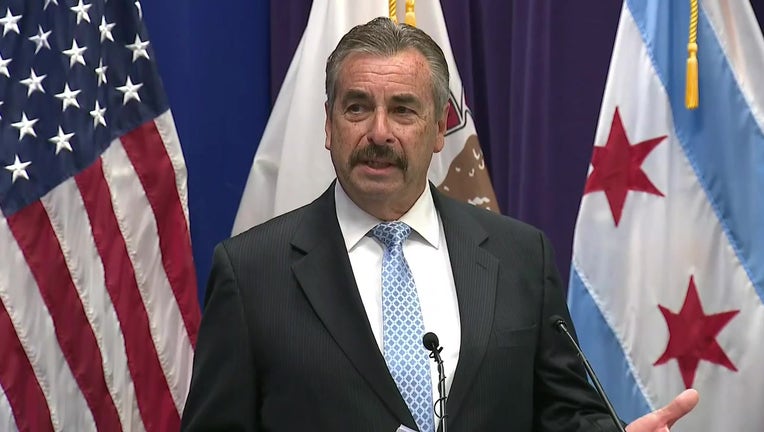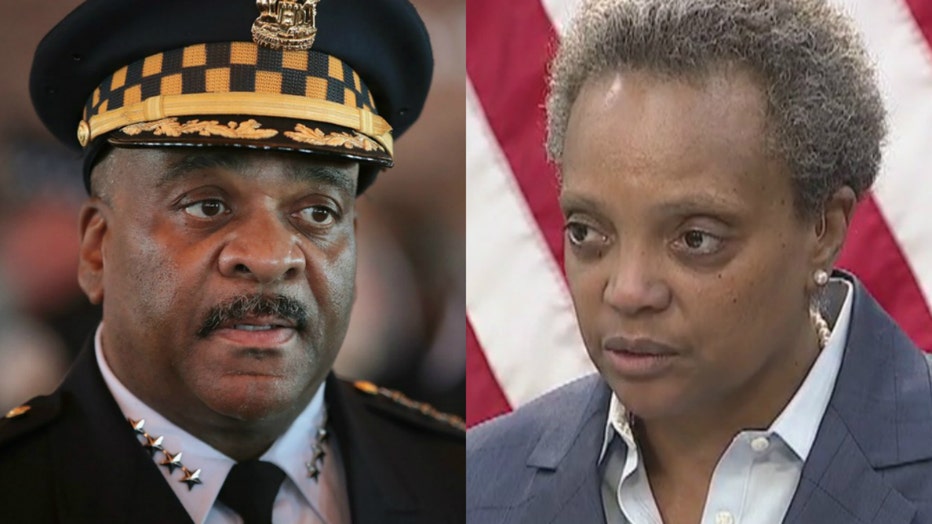CPD halts controversial merit promotion system

CHICAGO - Chicago’s interim police superintendent is discontinuing a so-called merit promotion system that rank-and-file cops have long complained rewards officers for who they know and not what skills they have to do the job.
In a letter to the 13,400-member department obtained by the Chicago Tribune, Interim Superintendent Charlie Beck said Tuesday he’s heard that many officers have been “dissatisfied and discouraged” by the process that allows promotions to the ranks of detective, sergeant and lieutenant regardless of exam scores.
Beck wrote that he made the decision after consulting with Mayor Lori Lightfoot and Fraternal Order of Police President Kevin Graham. Beck added that he will recommend to whomever Lightfoot selects as the next permanent superintendent in 2020 that the merit promotion system be discontinued and that promotional exams be given every two years.
The merit promotion system was established in the 1990s as an effort to bring more people of color into supervisory ranks. Two years ago, the U.S. Justice Department criticized the practice in its scathing report on the department that was done in the wake of the shooting of black teenager Laquan McDonald by a white officer, Jason Van Dyke. The Justice Department found that the police department hadn’t been transparent in its decisions about promotions.
JOHNSON IDENTIFIES 'NOMINATORS' OF 40 SERGEANTS PROMOTED ON MERIT
The decision by Beck, a retired police chief in Los Angeles, is the latest example of his willingness to take on decisions made by Eddie Johnson, the superintendent that Lightfoot fired this month for what she said were lies Johnson told her about what happened the night in October when he was found asleep in his SUV.

Photo: Eddie Johnson (Getty) | Lori Lightfoot (FOX 32)
GET FOX 32 NEWS ON THE GO BY CLICKING HERE
Johnson has said that he didn’t “intentionally mislead or deceive” anyone.
Just last week, Beck demoted a commander who had used officers under his command to babysit his son, effectively overruling a decision Johnson had previously made to suspend the commander for seven days.

